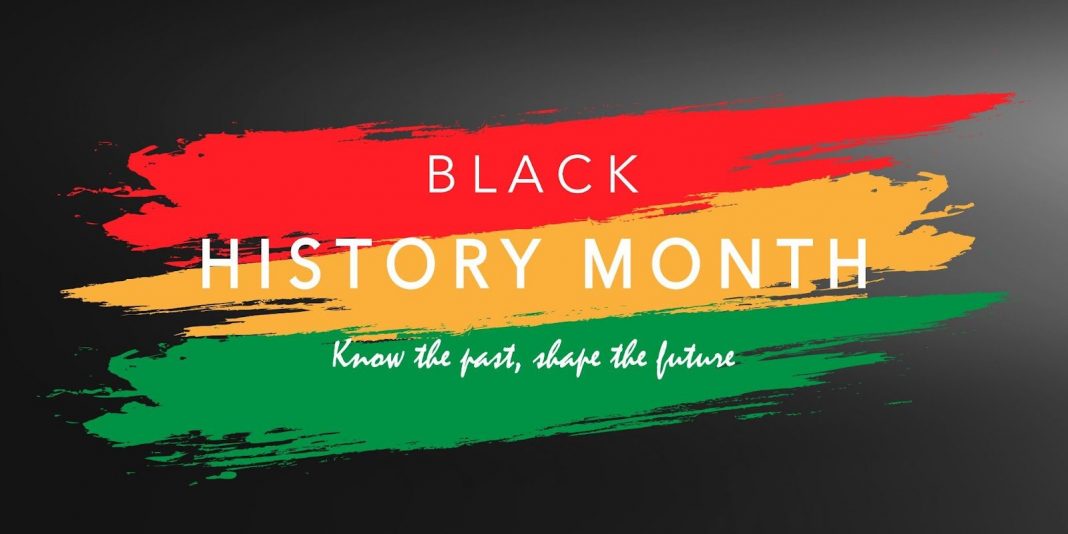Black History Month is a time to celebrate and reflect upon the significant contributions and achievements of Black individuals in history. This special month, observed every February, is a period to honor the past and an opportunity to educate and inspire the present and future generations. Engaging in Black History Month activities is a wonderful way to bring these important stories to life, especially for kids. These activities help make learning about Black history interactive, fun, and meaningful.
Math & ELA | PreK To Grade 5
Kids see fun.
You see real learning outcomes.
Watch your kids fall in love with math & reading through our scientifically designed curriculum.
Parents, try for free Teachers, use for free
In this blog, we aim to provide a variety of creative and educational activities tailored for children. From arts and crafts to interactive games, we’ll explore different ways to engage young minds in understanding Black communities’ rich cultural heritage and historical milestones.
13 Fun Black History Month Activities for Kids
1. Storytelling Sessions
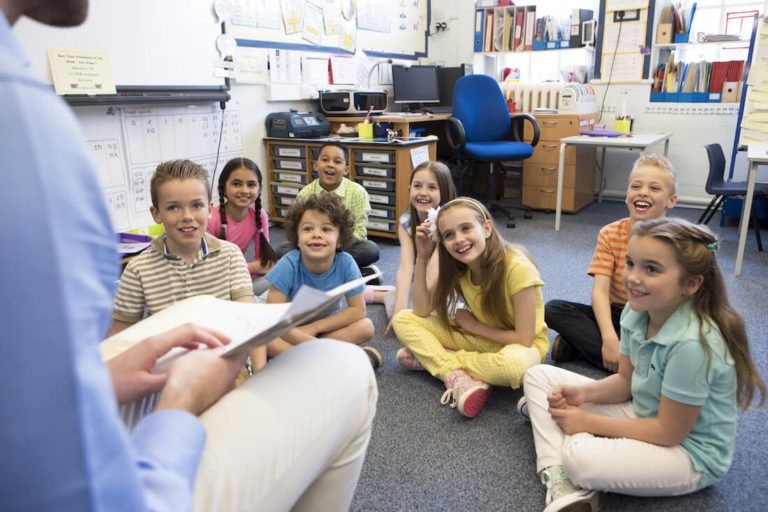
One of the most engaging black history activities is storytelling sessions. Kids can get a world of inspiration by reading books written by black authors or about black heroes. Libraries or classrooms can host these sessions, where children can listen to stories celebrating black individuals’ achievements and courage. This activity promotes literacy and helps children understand and appreciate the diverse experiences and contributions of black people throughout history.
Related Reading: Best Storytelling Activities for Kids
2. Movie and Documentary Screenings
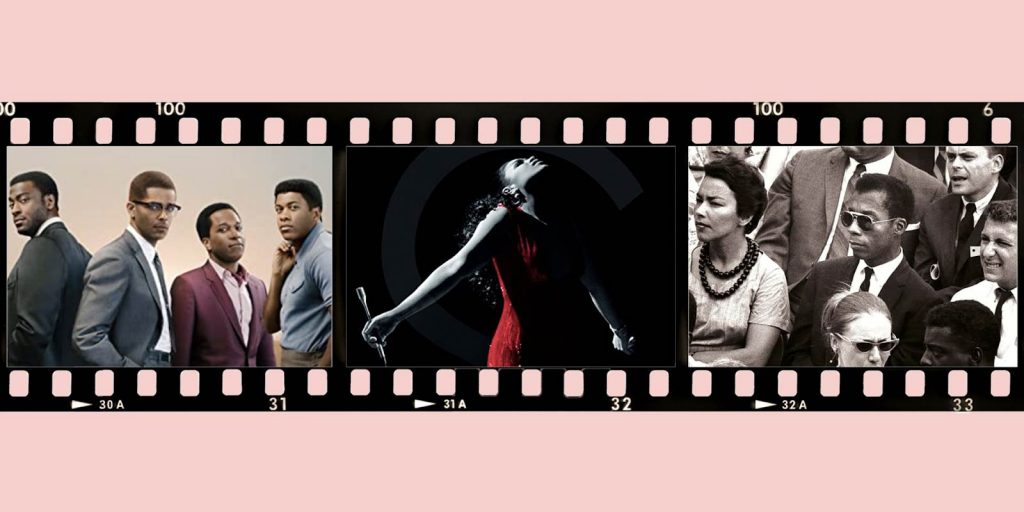
Hosting movie and documentary screenings are among the fun black history month activities that can be educational and entertaining. Schools and community centers can screen films and documentaries highlighting significant events, stories, and figures in black history. These viewings can be followed by discussions or activities that help children understand the context and importance of what they’ve watched.
Related Reading: Best Educational Movies for Kids
3. Black History Month Worksheets
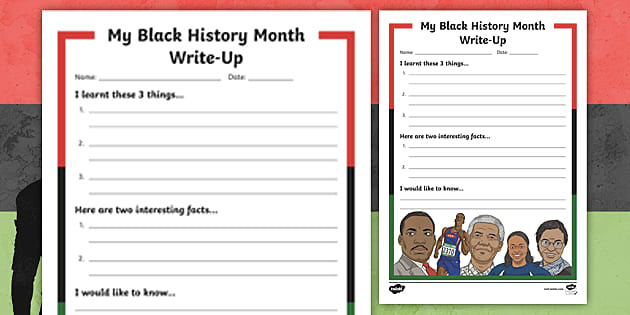
Engage kids with fun and educational worksheets focusing on Black history. These can include crossword puzzles about famous Black figures, word searches with key terms from Black history, coloring pages of important events, and fill-in-the-blank timelines of historical milestones. Worksheets are a great way for kids to learn facts and figures at their own pace.
4. Biography Projects
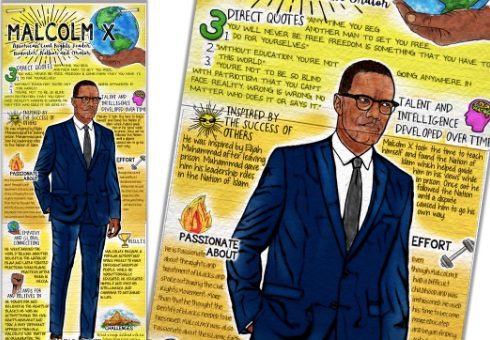
Biography projects are educational black history month activities for kids, where they can choose a notable black figure to research. This activity involves gathering information about their chosen person’s life, achievements, and societal impact. Kids can then present their findings through posters, presentations, or even small skits.
5. Cultural Exchange and Community Service
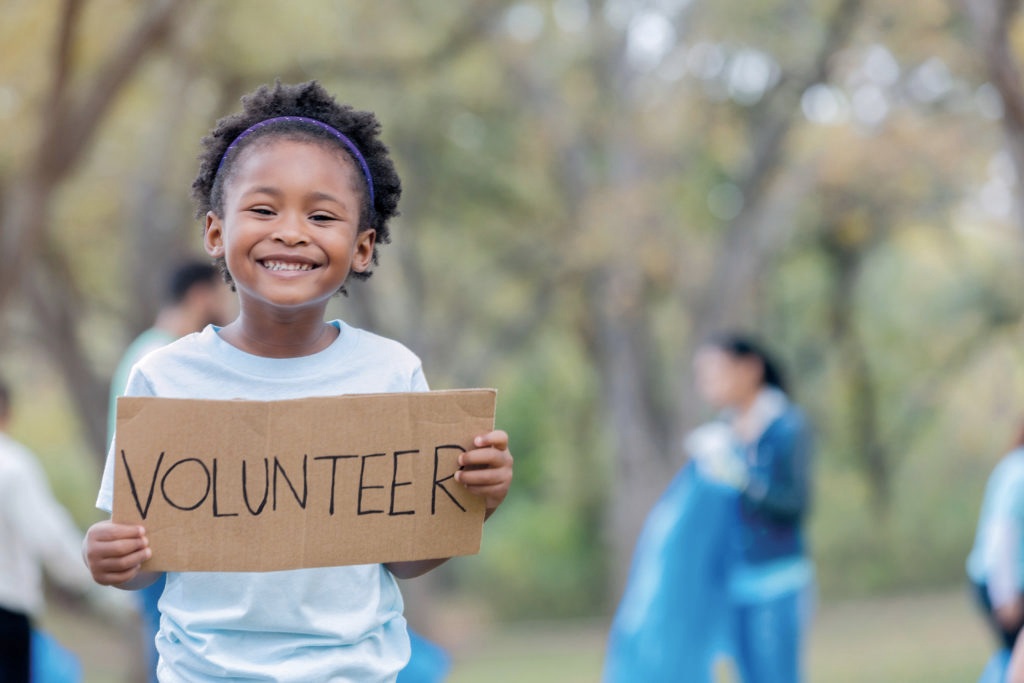
Participating in cultural exchange and community service projects are great ways to celebrate Black History Month. These activities can range from volunteering in community events to participating in cultural exchange programs that promote understanding and diversity. Through these experiences, children learn the importance of community, empathy, and the diverse cultures that make up the fabric of society.
Related Reading: Best Benefits of Culturally Responsive Teaching
6. Black History Trivia
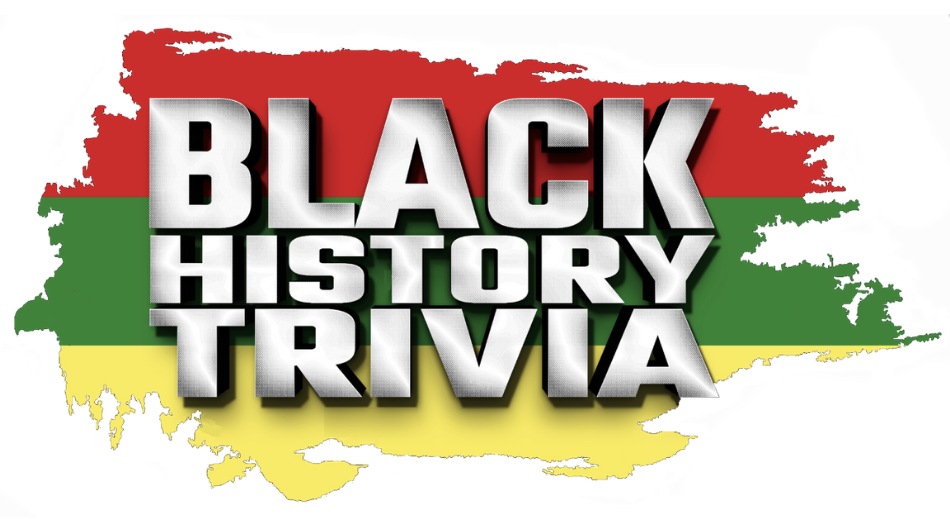
Black History Trivia is an exciting and educational way to engage kids during Black History Month. These games can be organized in classrooms or at home, challenging children with questions about historical events, figures, and cultural contributions of African Americans. It’s a fun and competitive way to test and improve their knowledge, making learning about black history enjoyable and memorable.
Related Reading: Hard Trivia Questions and Answers for Kids
7. Play ‘Guess Who’
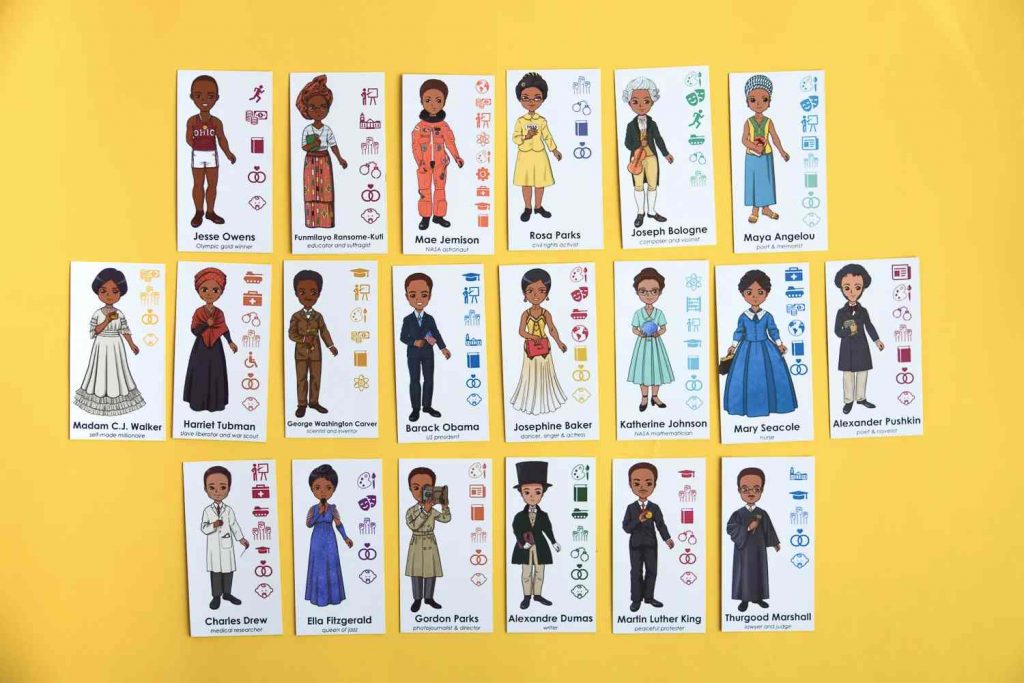
In this activity, children are given clues about a historical black figure and have to guess who it is. This activity makes learning about historical figures exciting and helps improve kids’ critical thinking and knowledge about important personalities in black history. It’s perfect for classroom settings, making it one of the enjoyable things to do for black history month at school.
8. Create a Black History Month Mural
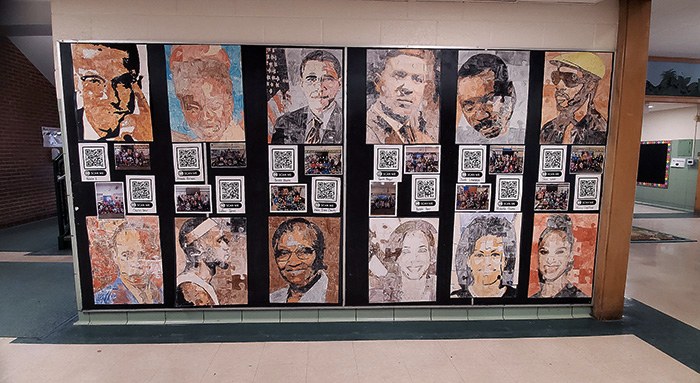
Creating a Black History Month mural is a fun, collaborative art project. This activity allows children to design and paint a mural showcasing significant events, figures, or themes from black history. It’s a great way for kids to express their creativity and learn about collaboration, making it one of the engaging and fun Black History Month activities. The completed mural can be displayed in the school or community center to celebrate and educate others about Black History Month.
9. ‘Quote of the Day’
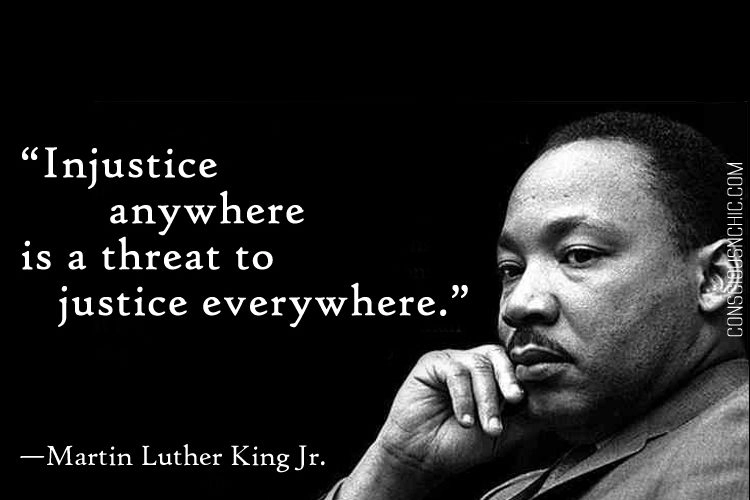
The ‘Quote of the Day’ activity is a simple yet powerful way to incorporate black history month activities for kindergarten kids. Each day, a quote from an influential black figure can be shared with the children, followed by a brief discussion about its meaning and the person behind it. This activity introduces young kids to inspirational words and thoughts, helping them understand the wisdom and experiences of notable black individuals.
Related Reading: Powerful Education Quotes for Kids
10. A Project on Black History Timelines
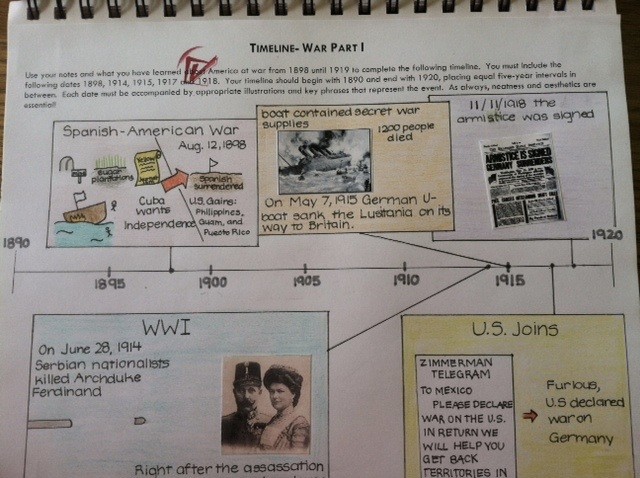
Engaging kids in a project to create timelines of black history is an educational way to understand chronological events and their significance. This activity can involve researching key events, figures, and milestones in black history and arranging them on a timeline. It helps children visualize the flow of history and the impact of these events.
11. Historical Skits
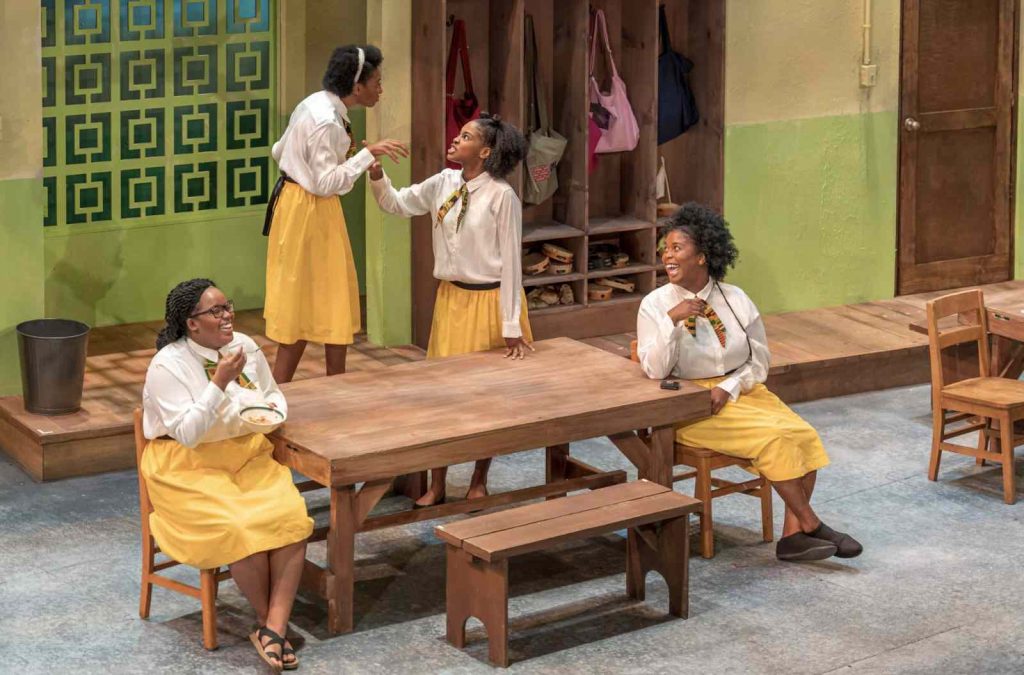
Kids can step into the shoes of heroes from Black history by acting out short skits. They’ll pick an important event or person and create a mini-play to show their classmates. It’s fun for kids to learn history by participating in it! They can dress up in costumes, use props, and even write dialogues.
12. Celebration Parade
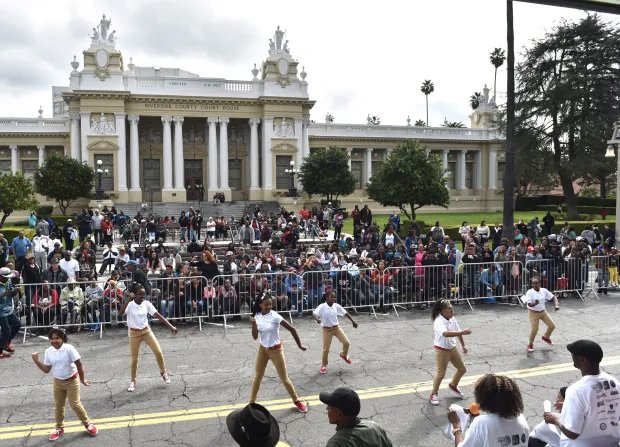
Imagine a parade full of colorful costumes, music, and dance to celebrate African and African American cultures! Kids can make banners, dress in traditional outfits, or create floats representing different aspects of Black history and culture. It’s like a moving festival where everyone can join, march, dance, and celebrate together.
13. Museum Visits or Virtual Tours
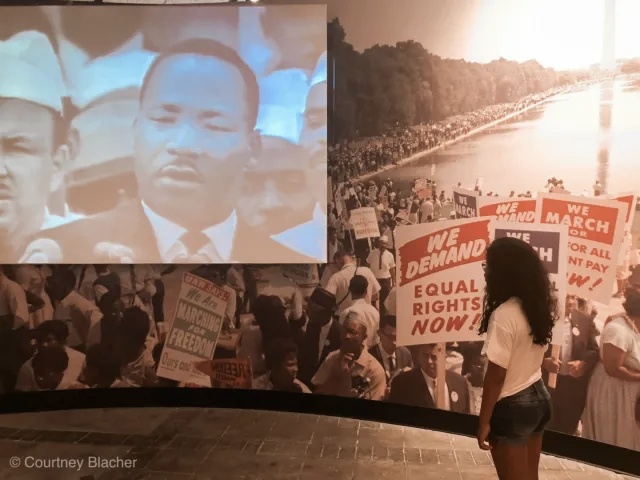
Visiting museums or taking virtual tours focused on black history offers a unique educational experience for kids. These tours can be organized as part of the activities for Black History Month, allowing children to see historical artifacts, art, and exhibits firsthand. Many museums offer virtual tours for schools or families unable to visit in person, bringing the rich history directly to the classroom or home.
Related Reading: Fun Socio-Emotional Learning Activities for Classroom
How Did Black History Month Get Started?
Black History Month began as a week-long celebration known as “Negro History Week,” established in 1926 by Carter G. Woodson, a renowned African American historian, author, and journalist. Woodson chose the second week of February for this observance because it coincided with the birthdays of Abraham Lincoln and Frederick Douglass. These two key figures had a significant impact on the lives of African Americans.
The idea was to dedicate a time each year to focus on the contributions of African Americans to the nation’s history. This topic was largely ignored in the education system at the time. Woodson’s initiative aimed to encourage the study of African American history in schools and society at large.
As the Civil Rights Movement gained momentum in the 1960s, Negro History Week evolved into Black History Month on many college campuses. This change reflected a growing awareness of African Americans’ rich heritage and significant contributions. Finally 1976, President Gerald Ford officially recognized Black History Month at the national level, urging Americans to “seize the opportunity to honor the too-often neglected accomplishments of Black Americans in every area of endeavor throughout our history.”
This month-long observance continues to be a time for reflection and celebration, acknowledging Black individuals’ past struggles and achievements and looking forward to a future of inclusivity and equality.
5 Importance of Black History Month for Kids
- Black History Month educates kids about the significant contributions and history of black individuals, enhancing their understanding of the past and its impact on the present.
- It exposes children to the rich cultural heritage of African and African American communities, fostering appreciation for diverse traditions and arts.
- Learning about black history’s historical struggles and achievements helps children develop empathy and a sense of fairness, promoting compassion and social justice values.
- The month introduces children to influential role models from black history, inspiring them to dream big and strive for success.
- Black History Month is a key time to teach kids about diversity and inclusion, encouraging them to value and embrace differences for a more inclusive society.
Do’s and Don’ts for Black History Month Activities
5 Do’s:
- Focus on sharing factual, well-researched information about Black history and culture.
- Honor the achievements and struggles of Black individuals in a manner that respects their significant contributions.
- Encourage open and respectful conversations about race, equality, and the impact of Black history.
- Make sure to represent a wide range of voices and experiences from the Black community.
- Get involved in community events or initiatives that commemorate Black History Month.
5 Don’ts:
- Be mindful not to perpetuate stereotypes or oversimplified narratives about Black history.
- Ensure that the focus remains on celebrating and understanding Black history, rather than diverting to other topics.
- Don’t reduce Black History Month to a mere annual ritual; ensure it’s a genuine and sustained effort.
- Avoid diluting the complexities and nuances of Black history and experiences.
- Remember that Black history is not just in the past; acknowledge ongoing struggles and achievements.
Keeping these do’s and don’ts in mind ensures a respectful, educational, and meaningful observance of Black History Month.
Conclusion
Black History Month is a special time for children to learn, celebrate, and appreciate African Americans’ rich history and culture. Kids can discover the importance of diversity, empathy, and equality through various fun and educational activities. Let’s use this month to inspire and educate our young ones, helping them build a more inclusive and understanding future.
Related Reading: Best Kindness Activities for Kids
Frequently Asked Questions (FAQs)
How can parents and teachers make Black History Month engaging for kids?
Parents and teachers can make Black History Month engaging by organizing interactive activities like storytelling, arts and crafts, cooking workshops, and trivia games. These activities make learning fun and help kids connect meaningfully with history and culture.
Are there any specific books or films you recommend for children during Black History Month?
Yes, many child-friendly books and films celebrate Black History. For younger kids, books like “Henry’s Freedom Box” by Ellen Levine or “Little Leaders: Bold Women in Black History” by Vashti Harrison are great. Films like “Hidden Figures” can be educational for older children.
How can we continue to educate kids about Black History beyond February?
Including diverse stories and figures in everyday curriculum, celebrating other significant dates in black history, and encouraging ongoing discussions at home and in the classroom are great ways to do this.

















